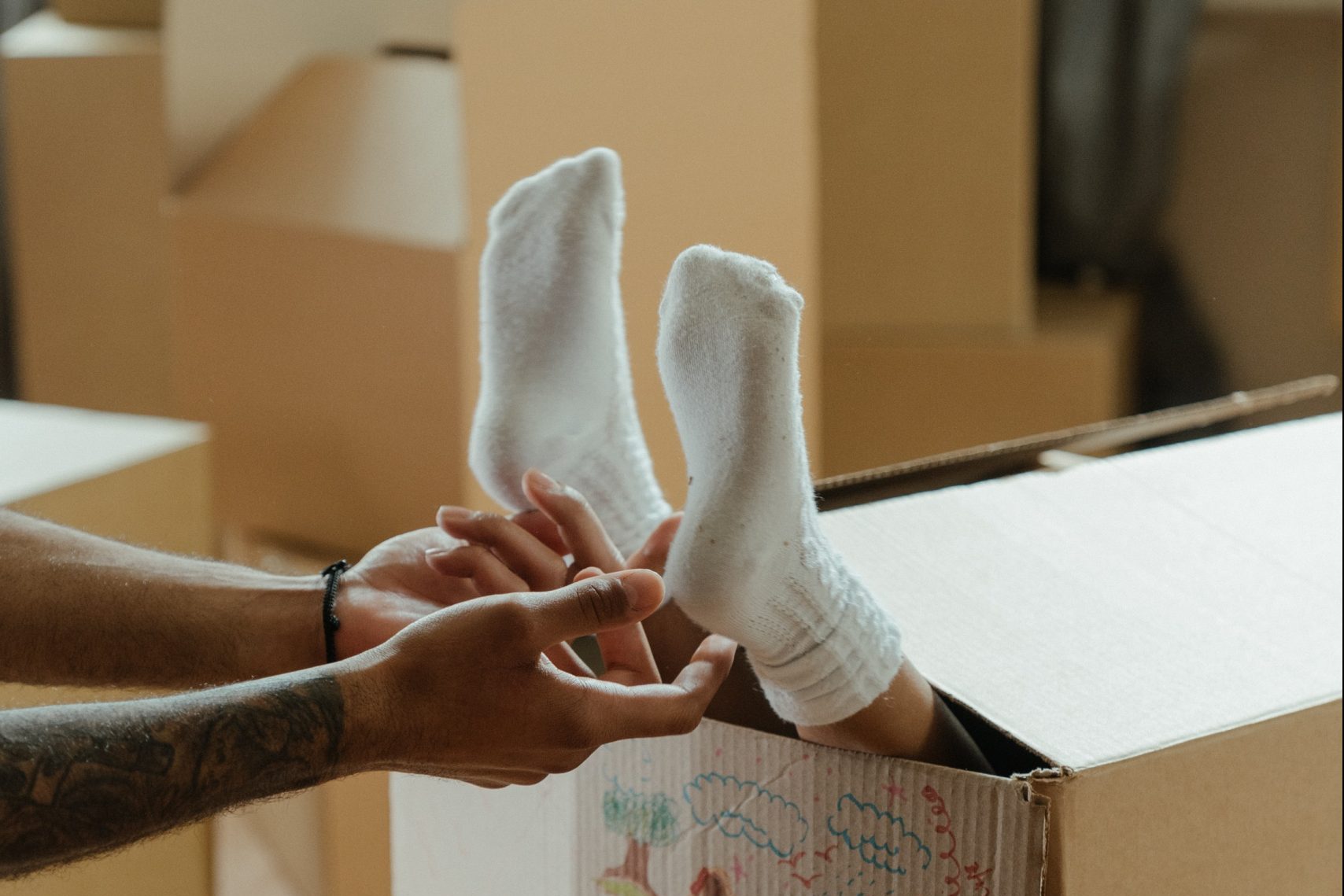 Content warning: preventing childhood sexual abuse
Content warning: preventing childhood sexual abuse
“It’s my body, so I get to choose who touches it and when, and if I’m not OK with it, I say NO! But I wanted her to, so I said yes…”
This statement by my 5-year-old daughter was about the fact that she let her best buddy stick her grubby fingers in her mouth to wiggle her loose tooth. But I’m still counting it a win, albeit a questionable choice.
I’m calling it a win because we are big on talking about consent in our household, and the fact that my 5-year-old can communicate that concept is great news to me.
In this day and age, I would venture a guess that we all know someone who has been sexually abused, pushed beyond their comfort level sexually, or touched in an unwelcome way. Children are most vulnerable to sexual abuse between the ages of 7 and 13, although a scary amount of abuse occurs before the age of 8. The majority of abusers are known to their victims, and many are respected members of their communities.
And yet, so many parents still talk about “bad” or “scary” people and put off conversations about sexuality and consent until kids are preteens or older. I am convinced we need to do better.
So in our house, we do five things to help protect our kids:
1. We teach our kids that once they’re out of diapers, they are in charge of their own bodies — always.
No means no. And when they ask someone to stop touching them, that stop needs to be immediate. If they don’t want to be touched, by anyone — including doctors, parents, siblings, grandparents — in any particular way, they have the right to say no, and that no needs to be respected.
When they are in charge of their own bodies, this also means they are responsible for what they do with their bodies. Even if harm is an accident, we ask them to be accountable for what they do with their bodies and in control of their bodies. “Yes, you are exhausted and oversugared, but you are still in charge of your own body.” I firmly believe we are responsible for protecting our sons and daughters, as well as teaching them not to harm others. Raising kids to respect other people’s boundaries begins with teaching them that they are in control of their own bodies, regardless of circumstances, triggers, or social expectations.
2. We talk about and give context for healthy and unhealthy touch.
We give concrete examples of intimate touch that is OK — a doctor examining you in the office with a parent present, for example. We don’t talk about “bad people” because, in my experience, very few of the perpetrators of inappropriate touch have been strangers. Most of them have been “upstanding” members of their community, friends of the family, parents, or siblings. Perpetrators are not all men, nor are the victims only female. (More info here.)
So instead, we talk about when, how, and where touch is OK — consent and context. And we always tell them that if something makes you uncomfortable, listen to your body and say no or get out of the situation.
As an added benefit, this sets the groundwork for the larger “sex talk” in an age-appropriate context and doesn’t make sex dirty or forbidden. It does, however, require appropriate context, comfort, and consent.
3. We use real words, no matter how awkward it might feel at times.
Yes, we do talk about the generic “your private parts” — but we name them, destigmatize them, and keep them from being cutesy. Period, end of story.
4. We tell them what to do, and explicitly give them permission to do it, should someone cross their physical boundaries.
I tell my kids, “You have permission to use your big, strong, loud voice if someone doesn’t listen to you when you say no. And if they still don’t listen, you can yell, kick, bite, run, and hit.” I am always amazed by how hard of a lesson this can be for well-mannered, well-behaved kids.
A few weeks ago, one of my daughter’s coaches was tickling her, and she didn’t like it. She quietly asked the coach to stop, but the coach kept tickling and said, “Oh, I’m just being silly; you like it.” My daughter was embarrassed and told me afterward, “I didn’t say anything else because I didn’t want to disrupt the class.” Our kids need to know that it’s OK to get loud and to speak up when something makes them uncomfortable.
5. Finally, we try to make sure they know they can tell us anything
We get to be our kids’ greatest advocates and allies. And it grieves my heart to no end that when abuse happens, most kids don’t tell anyone for a long time. I want my kids to know, whether they were harmed or were just confused and uncomfortable, that they can talk to me about it. That I will answer any question, honestly, and that I won’t overreact when they tell me hard, scary, or bad things.
None of us wants to imagine the worst happening to our kids. But we can’t let fear and discomfort keep us from giving them the tools they need to stay as safe as possible.














